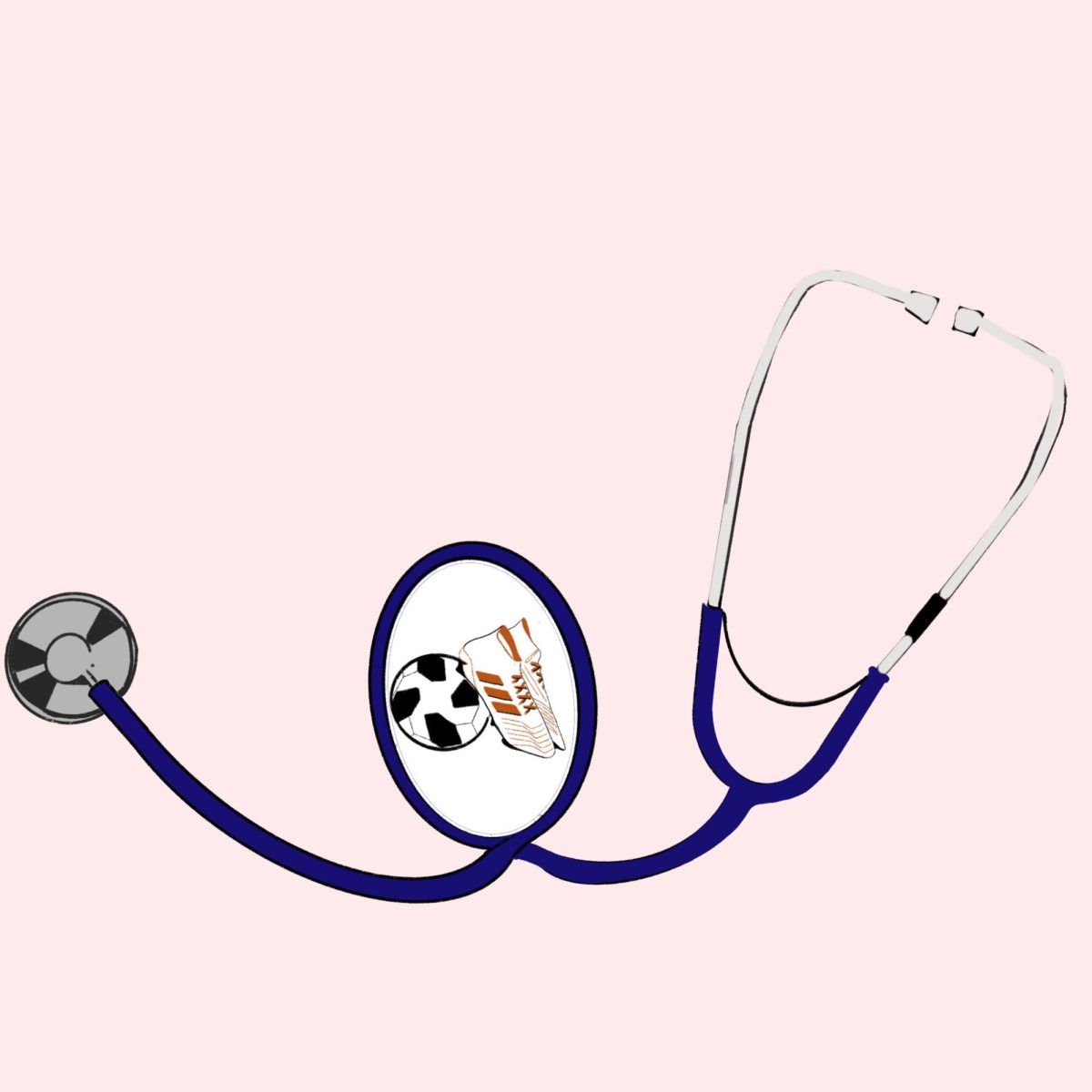Growing up, we all heard that getting outside and moving around is essential to having good health, and how it offers us long term benefits. The biological consequences of physical recreation have been documented extensively, and include lower risk of obesity, lower blood pressure and increased bone and muscle strength. Though these are all positive points, there is even more that recreation has to offer.
Lisa Meerts-Brandsma, a faculty member at The Department of Parks, Recreation and Tourism at the University of Utah, is an expert in how recreation connects to well-being. During her nine years of research in this area, Meerts-Brandsma has learned a lot about how individuals perceive recreation.
“I think what a lot of people are looking for is an answer,” she explained. “Do A, B and C, and you’ll be healthy. It’s not that simple.”
In other words, many people think of well-being as a formula, or some kind of transaction. For example, if someone commits to going for a run every day — even if they despise it — they’re still fulfilling an effort towards their own personal well-being. And while that may be true in a lot of cases, many individuals don’t realize the level of variety that other recreational activities can bring to such a routine.
“Recreation — when a lot of people hear that word, they think of things like basketball, or soccer,” she said. “And one of my favorite parts about being a faculty member here at the University of Utah is helping people see how recreation is all around you if you just take advantage of it, because a lot of people don’t.”
Meerts-Brandsma explained that what many people don’t realize is simply just how accessible other recreational activities can be, especially living in the areas surrounding Salt Lake City. While many citizens take advantage of our ski slopes, climbing routes and hundreds of miles of hiking paths as a form of recreation, many others do not, largely due to the way our society has evolved over time.
“There are so many pressures in our lives that try to tell us what to do — like I need to be a good student, a good faculty member, a good parent,” she explained. “And the way society is structured today leads to more passive recreation, like screen time or watching sports versus playing sports.”
While something like passive recreation may sound less “healthy” or less involved, that’s not necessarily the case. Especially for those who are living with disabilities, passive recreation can offer the essential social connections that we all need to flourish. So, if that means staying inside to watch the ball game with a group of friends, you are still able to retain that social aspect that positively impacts your well-being. And that’s one of the coolest things about recreation — it can be tailored exactly to you.
“This is where recreation is awesome because it’s all about intrinsic motivation,” said Meerts-Brandsma. “It’s about trying to find what you like.”
No matter the form of recreation you may participate in, or how often you may be involved, the significant part is that you are participating. And if you are doing so alongside others, you can achieve those added benefits.
“If we can get people moving and doing things that they enjoy doing with other people, the likelihood that they engage in positive recreation is going to help them and their well-being overall,” Meerts-Brandsma said. “We know that social connection is one of the biggest predictors of happiness and life satisfaction, so there’s a clear connection.”
So while physical activity is a crucial component of an individual’s well-being, it’s also important to realize that there’s an entirely separate facet of your health that needs nurturing, which social connection can address. And oftentimes, it can play a more crucial part than you think.
“We can say hey, go run 30 minutes a day, or go hike 30 minutes a day, but the likelihood that a person continues is low if you don’t have those connections or that support,” Meerts-Brandsma said.
Although it may be daunting to try and find that balance between recreation and your own personal well-being, finding that harmony could be the key to a more fulfilling routine. And as an added benefit, you may help others to do the same.
“I think that engaging in recreational pursuits is the best opportunity you have to find what’s going to make you happy in your life,” said Meerts-Brandsma. “So if you can carve out only a little bit of time to do those things, that will lead to well-being for you over time.”



